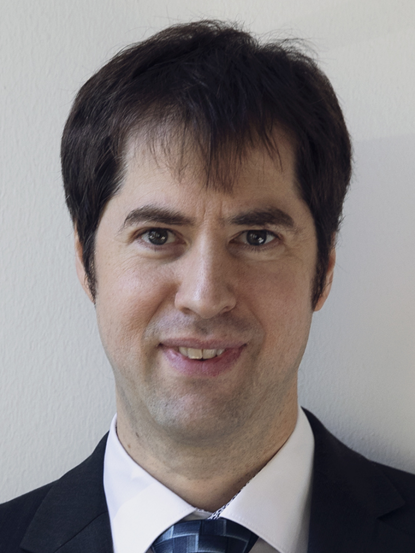Bachelor
Based on reading assignments drawn from the current literature you gain insight into emerging trends in the field of microelectromechanical systems and biomedical microdevices. You will learn to critically evaluate these developments and assess their potential for tackling major technological challenges of our time. Our course teachers will be happy to provide further information and discuss current topics ( burg-office@micronano.tu-…).
Deliverables
Written report (2-3 pages, A4) and a 10-minute presentation.
Semester
Summer, Winter
Credits
2 Credit Points towards BSc ETiT, BSc MEC, BSc iST
Language
German, English
Precision high-rate manufacturing of three dimensional components and assemblies is integral to the widespread availability of high-tech products. This class introduces the physical and engineering foundations of fabrication processes such as casting, sintering, moulding, 3D printing, etching, soldering, ultrasonic and laser manufacturing, and many others. Here the focus is on processes and design principles that provide precision at the deep sub-millimeter scale. These play a pivotal role for example in the electronics and automotive industries, aero-/astronautics, and biomedical engineering.
Exam
Oral or written depending on number of participants
Term
Winter
Credits
4 Credit Points towards BSc ETiT, MSc MEC, MSc WI-ETiT
Over the course of one semester you and your team develop unique solutions to a challenging hardware design task. During this intensive experience you will practice effective teamwork, hone your time and resource management skills, and learn how to solve technical problems methodically. All necessary practical skills including 3D CAD, PCB-design, microcontroller programming, 3D printing, CNC machining and other rapid prototyping technologies are taught throughout the course. Finally, a functioning laboratory prototype will be built. Often these are later used in real research projects, or your prototype will compete with those of the other teams in the PEM I competition.
Format
- PEM I: Team competition about a single task. Supervised jointly by ALSV (Prof. Khanh), IES (Prof. Hofmann), IMNS (Prof. Burg), MuST (Prof. Kupnik).
- PEM II – IV: Team projects around topics of the different research groups (for IMNS contact: burg-office@micronano.tu-…).
Semester
Winter (only PEM I, III), Summer (only PEM II, IV)
Credits
5 Credit Points towards MSc ETiT, MSc MEC, MSc WI-ETiT.
We participate with an experiment on electrocardiography and electromyostimulation in the biomedical engineering laboratory offered jointly by several groups in the Department.
Course materials for the class on Biosensors (summer 2020) are available upon request ( burg-office@tu-…).
Master
The field of microsystems technology builds on the enormous precision and the purity of materials known from the semiconductor industry to create increasingly powerful and miniaturized sensors and actuators. More than any other branch of electrical engineering, it unites elements of mechatronics, optics, chemistry, biomedicine, and physics, which are all weaved into the field in terms of methods and applications. This class gives a first introduction to the field of microsystems engineering, its materials and fabrication technologies; physical, chemical, and biological microsensors; microactuators; microfluidic systems; integrated sensor-actuator systems; recent trends and economic aspects.
Exam
Written exam
Term
Winter
Credits
4 Credit Points towards MSc ETiT, MSc MEC, MSc WI-ETiT, MSc Biomedical Engineering
The class gives an introduction to the physical foundations and the diverse applications of miniaturized fluidic systems. Examples include: Bioanalytical methods for laboratory medicine and point of care diagnostics, opportunities and fundamental limitations of miniaturization, technology of microfluidic systems, solid-liquid-interfaces, transport processes, biosensors, single molecule methods, PCR-based micro-analytical systems, single-cell sequencing, flow cytometry, optofluidics, organ-on-chip technologies, advanced microscopy techniques.
Exam
Oral or written depending on number of participants
Term
Summer
Credits
5 Credit Points towards MSc Biomedical Engineering


